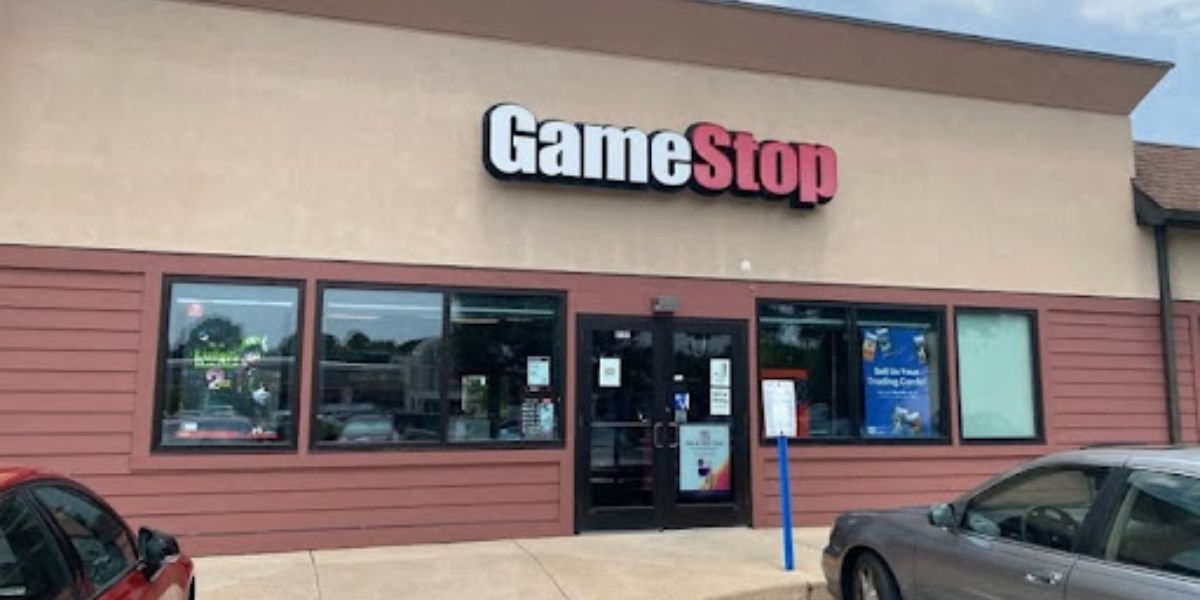Recently! Connecticut residents were struck by the news that a popular game store chain has closed at least six of its retail locations across the state.
The closures, part of a larger restructuring effort, are indicative of the ongoing challenges faced by brick-and-mortar video game retailers, especially as online shopping and digital downloads continue to dominate the market.
The Impact on Local Communities
For many gamers in Connecticut, the local game store has been more than just a place to buy the latest titles—it’s been a hub for community events, game releases, and socializing with fellow enthusiasts. The closures have left some longtime customers feeling disheartened, as they’ll no longer have easy access to these in-person experiences.
“I’ve been shopping at this store for years, ever since I was a kid,” said Mark, a longtime customer from Hartford. “It’s just sad to see the place go. It wasn’t just about buying games; it was about the community. We’d go in, talk about the latest releases, and even get a chance to meet some developers during special events.”
The closures have especially hit areas with fewer digital alternatives. In smaller towns or communities, the loss of a physical store that offers gaming accessories, pre-owned games, and consoles is felt more deeply. Many of these customers now face the reality of having to either travel further for their gaming needs or turn exclusively to online retailers.
The Broader Trend: Decline of Physical Game Retail

The closures in Connecticut are not an isolated incident. Over the past several years, physical video game retailers have seen a sharp decline in sales, largely due to the rise of online shopping and digital distribution. With the convenience of purchasing games directly from platforms like Steam, PlayStation Store, or Xbox Live, many gamers have turned away from traditional brick-and-mortar stores.
In addition, the ongoing trend toward digital-only gaming and downloadable content (DLC) has made physical game copies less relevant for a growing segment of players. The COVID-19 pandemic accelerated this shift, with many people opting for digital purchases to avoid visiting physical stores.
New York Hit by Another National Chain’s Store Closures
However, for many, this shift to digital purchases means missing out on the tactile experience of browsing store shelves and picking up physical copies of games. For the more nostalgic or collectors-focused gamers, losing these stores is a blow.
Corporate Restructuring and Shifting Focus
The closures in Connecticut are part of a broader restructuring effort by the game store chain, which has been focusing more on its online presence and e-commerce platforms. The company has been struggling to keep up with the changing retail landscape, where streaming services like Xbox Game Pass and PlayStation Now offer large libraries of games for a monthly subscription fee.
While the game store chain has not publicly detailed its plans for the future of its physical locations, industry analysts believe that the closures are part of an effort to pivot toward more profitable areas, such as online sales, collectibles, and gaming-related merchandise. The chain’s stores may eventually refocus on offering more niche products or even pivot to becoming more like entertainment hubs, focusing on gaming events, tournaments, or eSports.
The Fallout for Employees
Another group directly impacted by the store closures are the employees who worked at the affected locations. For many, these stores were not just places of employment but also vital parts of their communities. Several of the affected workers have spoken out about the challenges they now face in finding new opportunities, especially as many of the retail stores in the area struggle to stay afloat in a competitive market.
“I loved working there. It wasn’t just a job—it was like being part of a team, helping people find the right game or giving them advice on what to play next,” said one employee from a closed location. “Now, a lot of us are looking for new work in a field that’s not as passionate, and it’s tough.”
For some, this shift means leaving the video game retail industry entirely, as many local businesses continue to adapt to the growing influence of e-commerce giants like Amazon and GameStop’s efforts to transition into digital spaces.
What’s Next for Connecticut’s Gaming Community?
As the state sees more store closures, local gamers will likely turn to other alternatives for their gaming needs. For many, this means relying on the growing online marketplace or seeking out smaller independent game shops. However, there’s still hope that gaming hubs, such as local arcades, independent stores, or gaming cafes, may emerge to fill the gap left by these retail giants.
Ultimately, the closure of game stores in Connecticut not only marks a significant shift in the state’s gaming culture but also reflects broader industry-wide changes that have been underway for years. Whether this shift leads to more innovation in the gaming community or simply signals the end of an era, only time will tell.
One thing is clear: gaming, whether physical or digital, remains a beloved pastime for many, and the demand for a vibrant gaming culture will continue to shape the future of the industry.




